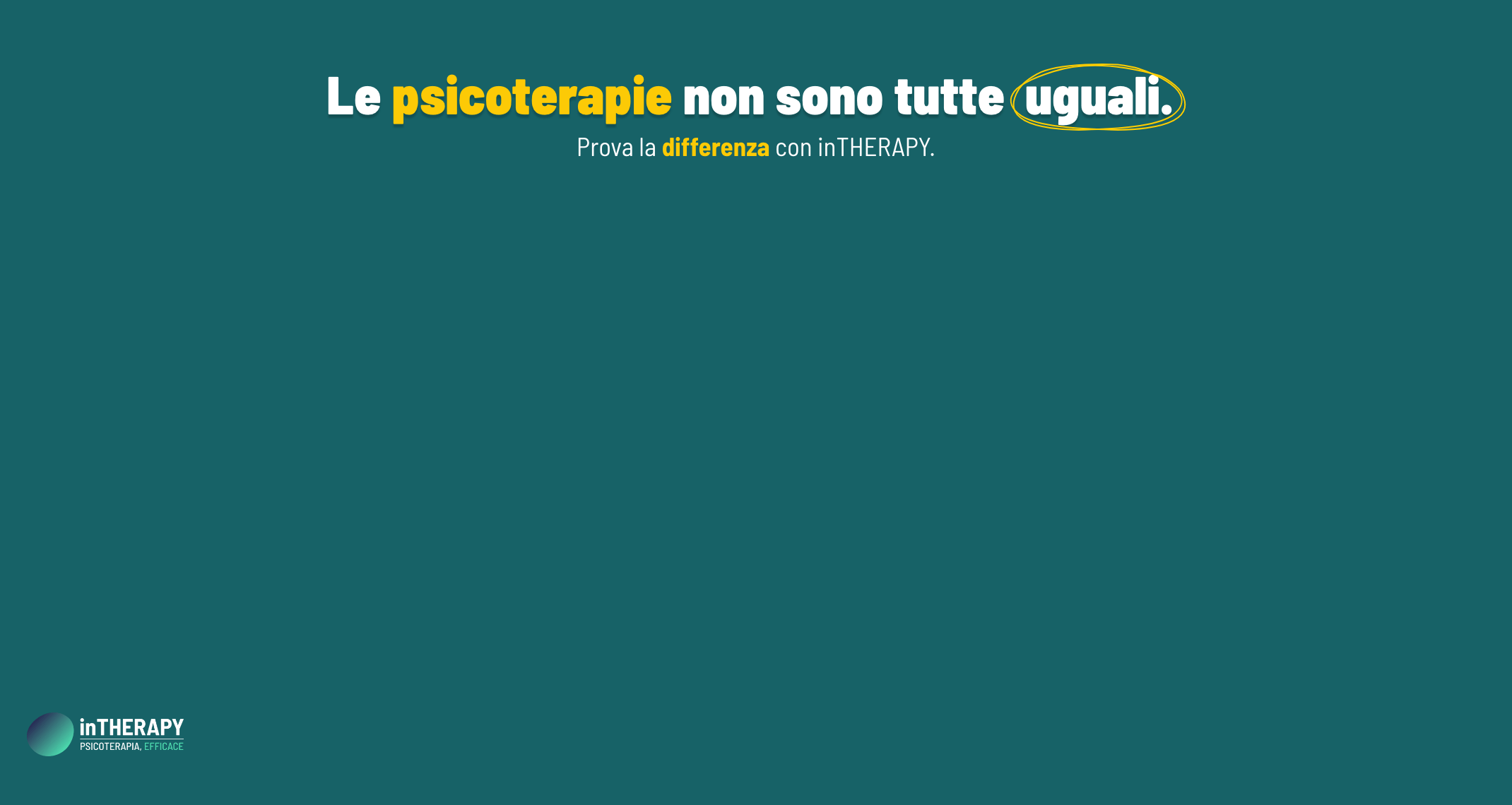Parents’ Words and Anxiety Disorders – Part 7 – Summing up:

As we arrive at the seventh installment of this series, I feel it is appropriate to recapture the major points that have been explored thus far. First, why study anxiety disorders? Well, anxiety in adults and children is more prevalent than most people think. It also affects the lives of individuals greatly and persistently. Compared to healthy individuals, those who suffer from anxiety disorders tend to have cognitions characterized by higher levels of threat interpretation. We know that anxiety disorders run in families and that parents exhibit stereotypical behavior in the context of anxiety.
Furthermore, compared to children’s behavior prior to conversations with their parents, anxious children display more avoidant behavior following them. Complimenting these findings, a series of experimental studies have shown that the use of negative words can induce avoidance in children in both non-social and social situations. This line of reasoning has leaded us to investigate whether anxiety affects parental word choice during discussions with their children.
So can maternal trauma and/or anxiety affect the way that parents speak? The answer appears to be yes. Mothers who have experienced emotional and physical trauma have difficulty encouraging their children to explore their own emotions. Regarding anxiety, it appears that the mothers of anxious children speak less, and are less positive and more discouraging during emotional discussions. This also appears to be true for fathers of anxious children.
So what can we do to correct distortions in cognitive style?
One way proven to alter individuals’ cognitions is video feedback therapy. Over the next few installments of this series, I will be discussing the therapeutic benefits of video feedback therapy in various populations. These populations include families with adopted children, parents with eating disorders, and children with behavioral problems. I will conclude this series by discussing the possible benefits of video for parent-child conversations.
READ THE OTHER ARTICLES OF THE SERIES: PARENTS’ WORDS AND ANXIETY DISORDERS
Have you found a problem with the site? Leave us your Feedback!


